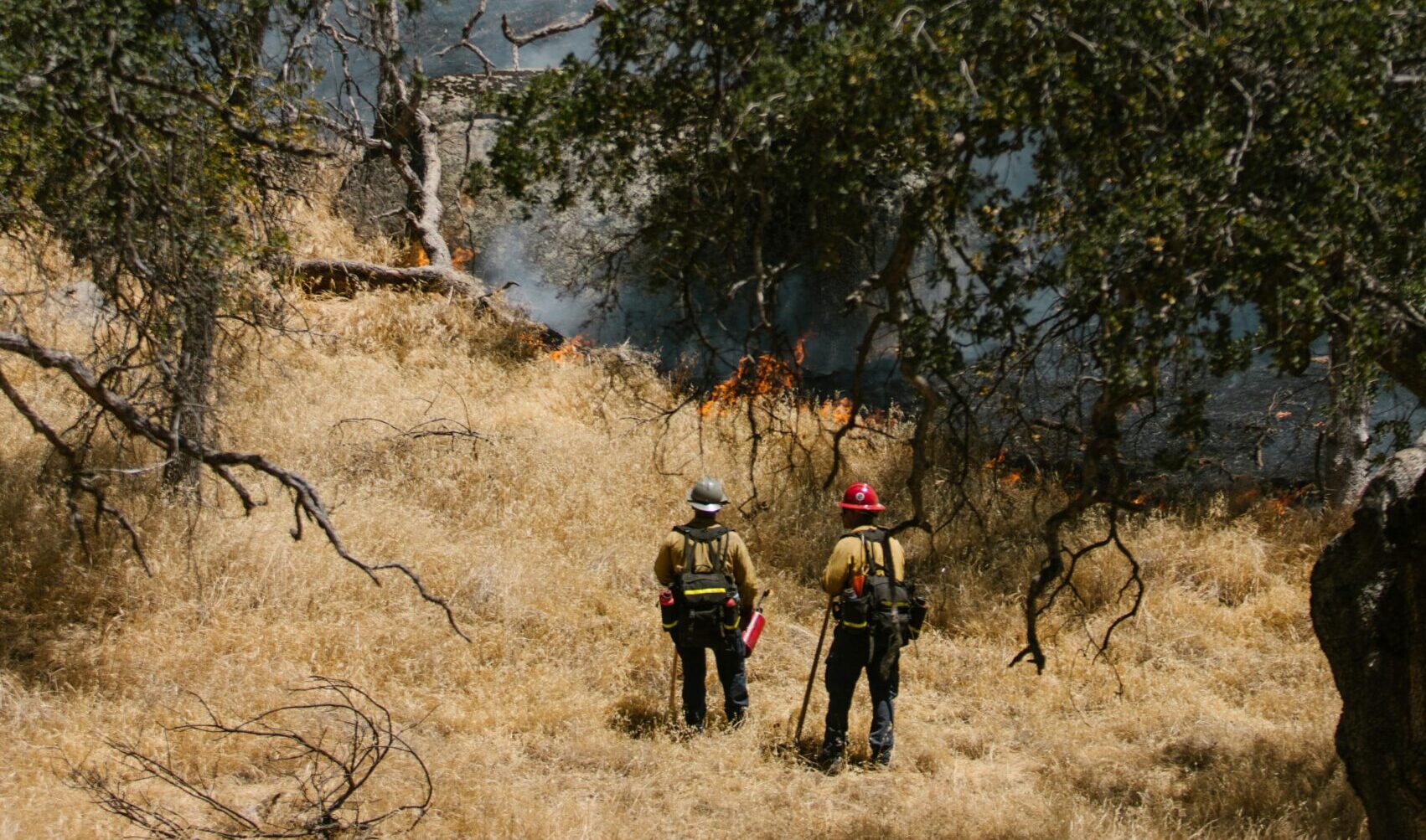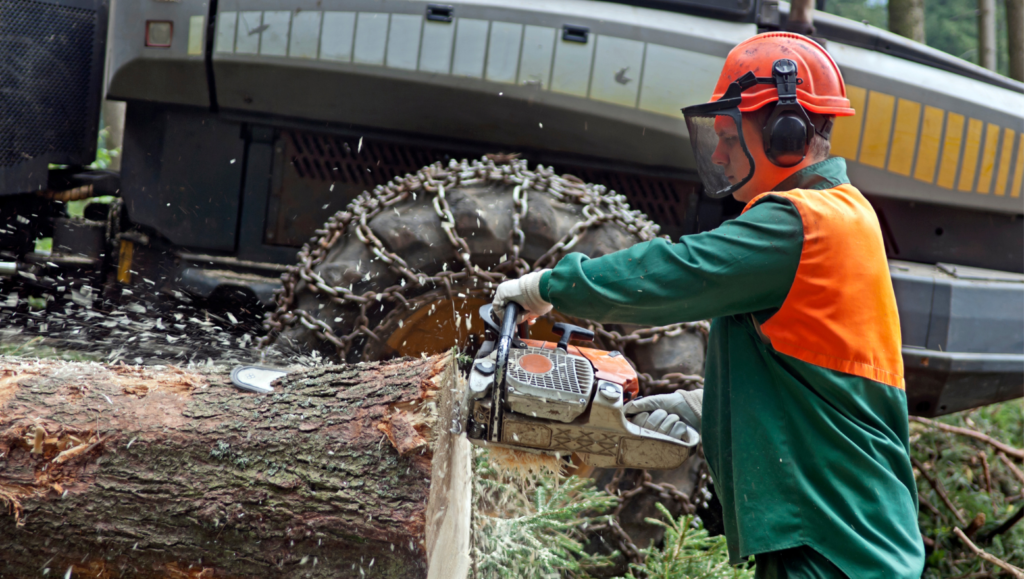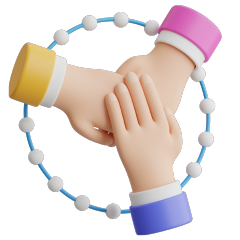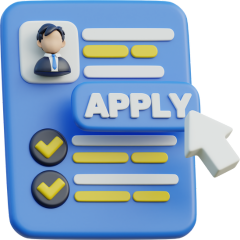NSW unveils strategy to improve mental health support for first responders

First responders face crisis head-on—but who’s looking after their mental health? With NSW’s new strategy in place, mental health support for first responders is finally being recognised as essential to both their wellbeing and their ability to keep others safe.
The New South Wales Government has launched a new Mental Health and Wellbeing Strategy for First Responders, recognising the emotional weight and psychological toll of frontline emergency work.
This long-term plan aims to improve how agencies support those who are first to step forward in a crisis, building safer and more responsive workplaces where mental health is treated as a core part of wellbeing.
Expanding the circle of care
First responders have historically included NSW Ambulance, Police, Fire and Rescue, the Rural Fire Service and the State Emergency Service. But the new strategy extends support to others who also bear the emotional strain of urgent, unpredictable work such as workers in forestry, national parks and road and transport agencies.

Whether it’s coordinating an evacuation or clearing storm-damaged roads, these roles often go unrecognised for the psychological pressures they carry.
Mental health support for first responders: What the strategy promises
The strategy introduces 15 priority actions that focus on early support, clinical care and culture change. These include:
- Psychological First Aid – Mandatory, trauma-informed training for all workers and leaders
- Timely clinical referrals – To ensure no delay in accessing the right mental health care
- Evidence-based peer support – Built to reflect the realities of emergency work
It’s all part of a broader shift: from crisis response to early, preventative care.
Five Strategic Pillars
The strategy is built on five core objectives, developed in consultation with the Black Dog Institute:
- Protect – reduce risks and exposures in the workplace
- Promote – encourage a culture of early help-seeking
- Respond – ensure swift and effective support after incidents
- Recover – facilitate return to work and long-term resilience
- Enable – invest in collaboration, research, and evidence-led care
These objectives provide a blueprint not just for action, but for cultural change where mental health is prioritised as much as physical safety.
A crucial recognition
NSW Premier Chris Minns stated, “We ask our first responders to run towards danger, distress and trauma. So we must do all we can to support their mental health.”
On the other hand, Minister for Work Health and Safety Sophie Cotsis echoed the importance of a supportive framework, citing the $39 billion national cost of workplace mental ill health as further evidence that better systems are both compassionate and economically sensible.
But behind those numbers are people: colleagues, friends, family members and even neighbours who often keep their distress silent.
Leora’s Perspective: Mental health for every body, every mind
At Leora, we welcome this strategy and what it represents: a move towards recognising that mental health care should be a top priority especially for those working in high-pressure, high-risk environments.

Support workers, emergency responders and frontline teams don’t just carry out physically demanding jobs, they carry emotional burdens too. The need to “stay strong” can sometimes mask real distress.
That’s why we believe in mental health support that’s proactive, confidential and human-first not only when things go wrong, but before they do.
We believe in mental health for every body, every mind. We believe in support that’s tailored, trauma-aware and inclusive of the unique challenges different workplace roles bring.
Insight: The quiet cost of crisis work
While trauma is often linked to big, visible moments—fires, accidents, disasters—research shows that it’s the accumulated exposure to stress that affects frontline workers most. Repeated shifts involving grief, risk or even just heightened vigilance can lead to burnout, anxiety and post-traumatic stress.
In a line of work that expects you to be strong for everyone else, asking for help is a form of strength we don’t talk about enough. That’s why every workplace, no matter the field, needs a mental health safety net.
Need mental health support for your team?
Whether you’re in emergency response, healthcare or community support, Leora offers Employee Assistance Programme (EAP) services that provide confidential, compassionate mental health support.
When you’re first on the scene, the weight is often unseen. That’s why mental health support matters just as much as protective gear.
For those who protect us first, care must go deeper than physical safety. It must start with the mind.





